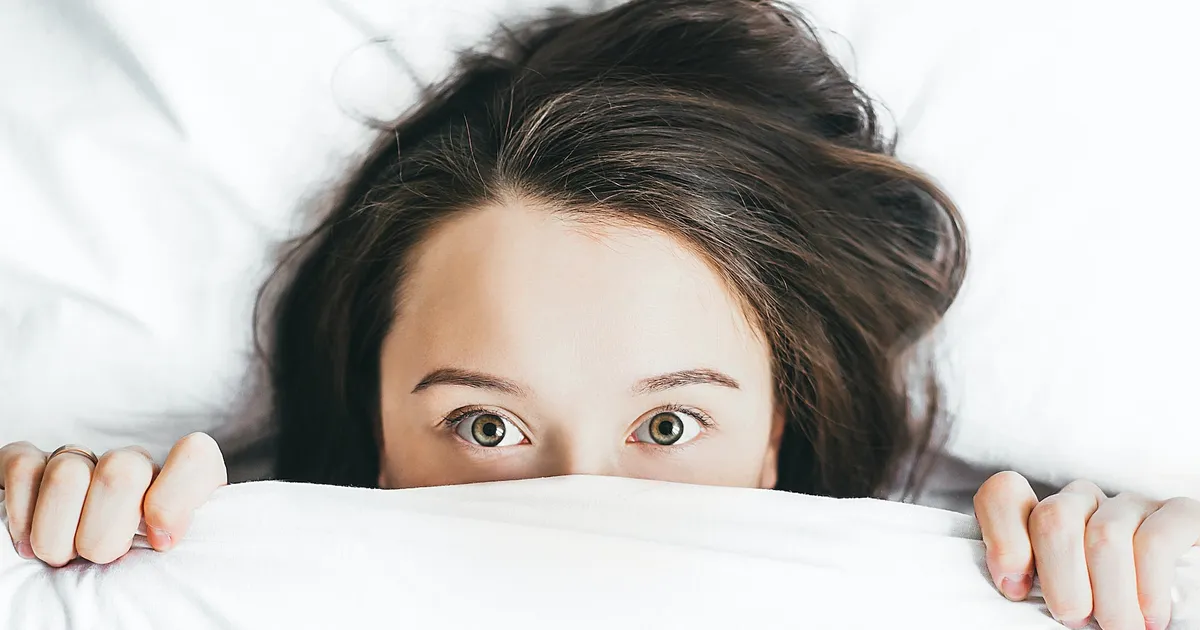Hypothalamus
The hypothalamus is a small region of the brain responsible for controlling several important functions in the body, including hormonal regulation, body temperature, thirst, hunger, and sleep cycles. It is located near the middle of the brain, underneath the thalamus, and communicates directly with the pituitary gland, which releases certain hormones into the bloodstream. Relationship … Read more

